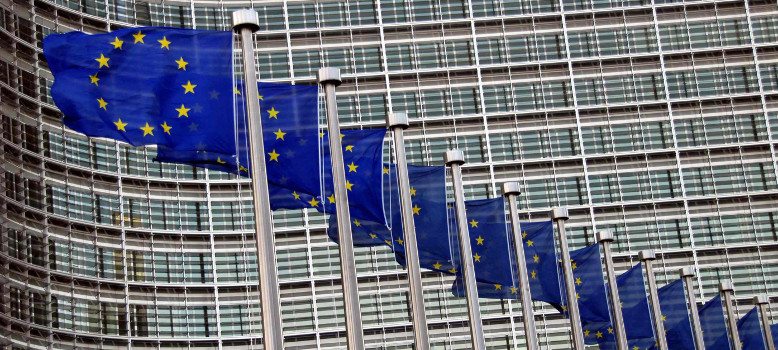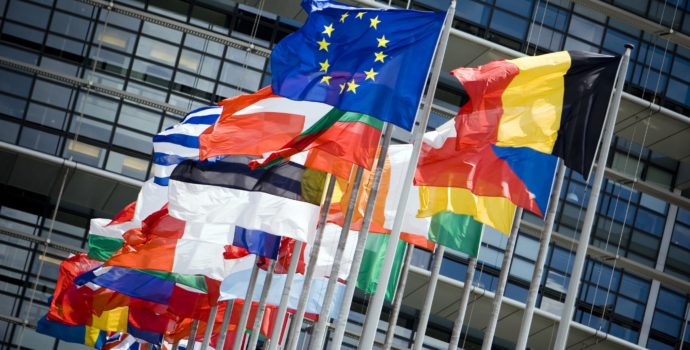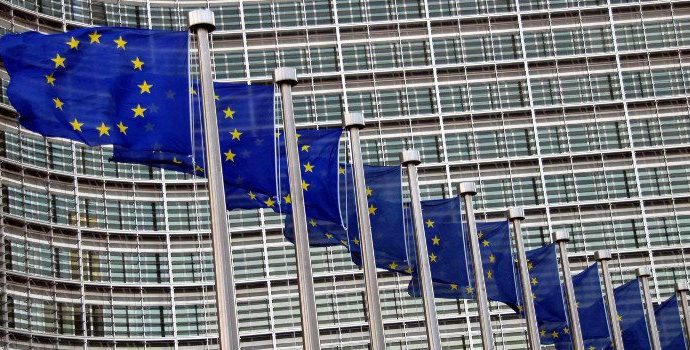European Commission Daily News 4th August

Forest fires: EU helps Italy, Greece, Albania and North Macedonia to fight devastating fires
As forest fires continue affecting various regions in the Mediterranean and the Western Balkans, the European Commission is swiftly mobilising support to assist countries in limiting the spread of the fires and protect lives and livelihoods. Two Canadair firefighting airplanes from France are being sent to affected areas in Italy to start firefighting operations today. Two firefighting planes from Cyprus are supporting Greece, on top of a firefighting team to support operations on the ground. Two helicopters to support operations in Albania will be equally dispatched from Czechia and the Netherlands. In addition, Slovenia is sending a team of 45 firefighters to North Macedonia. All help is mobilised through the EU Civil Protection Mechanism, with co-funding by the Commission of at least 75 % of transport costs. These deployments come in addition to EU-coordinated firefighting operations that are currently ongoing in Turkey, as well as in Sardinia, Italy at the end of July. Satellite maps from the EU’s Copernicus Emergency Management satellite are providing further support to the emergency services to coordinate the operations. The European Union’s 24/7 Emergency Response Coordination Centre is in constant contact with the civil protection authorities of countries affected by the fires to closely monitor the situation and channel EU assistance. Commissioner for Crisis Management Janez Lenarčič said: “We are working around the clock to send help as fires rage across Europe. I thank Cyprus, Czechia, France, Slovenia and the Netherlands for swiftly deploying firefighting airplanes, helicopters and a team of firefighters to support countries heavily affected by forest fires. At this time as several Mediterranean countries are facing fires, EU Civil Protection makes sure that our firefighting tools in place are used at maximum capacity. This is an excellent example of EU solidarity in times of need.” A full press release is available online.
Agriculture: Commission adopts measure to increase cash flow to farmers
Today, the European Commission adopted a measure allowing farmers to receive higher advances of Common Agricultural Policy (CAP) payments. This measure will support and increase the cash flow to farmers affected by the COVID-19 crisis and by the impact of adverse weather conditions across the EU. Some regions have been deeply affected by floods, for instance. The measure will allow Member States to pay income support and certain rural development schemes to farmers with a higher level of advances, up to 70% (from 50%) of direct payments and 85% (from 75%) of rural development payments. The safeguards to protect the EU budget apply, so the payments can be disbursed once controls and checks have been finalised and as from 16 October 2021 for the direct payments. The European Commission has provided support to the agri-food sector throughout the COVID-19 crisis through increased flexibility and specific market measures. More information here.
Commission approves new geographical indication for Guyana The European Commission has approved the application for “Demerara Rum”of Guyana in the Register of Protected Geographical Indications (PGI). “Demerara Rum” is a spirit drink with the specific organoleptic characteristics of sugar cane, which is obtained exclusively by fermentation and distillation of molasses or a substrate made from sugar cane. The ‘Demerara Rum’ has subtle floral and fruity notes accentuated by the distillation process, as well as mild nutty, spicy, woody, vegetal, and earthy aromas. The complexity of the flavors results from the traditional production method used and the specific mineral content of the waters of the Demerara region, Guyana. “Demerara Rum” is produced in the low coastal plains of Demerara, a county in Guyana circumscribed by the Boeraserie rivers to the west and Abary to the east. Demerara County is located on the northern coast of South America, bordering the Atlantic Ocean. The specificity of “Demerara Rum” lies in the combination of many factors arising from the agroecological conditions of the sugar cane plantation area and the aging area, but also from the authenticity of the production process, which combines nature. , tradition, art and science. This new name will join the 252 geographical indications of spirit drinks already registered, the list of which is available in the The specificity of “Demerara Rum” lies in the combination of many factors arising from the agroecological conditions of the sugar cane plantation area and the aging area, but also from the authenticity of the production process, which combines nature. , tradition, art and science. This new name will join the 252 geographical indications of spirit drinks already registered, the list of which is available in the The specificity of “Demerara Rum” lies in the combination of many factors arising from the agroecological conditions of the sugar cane plantation area and the aging area, but also from the authenticity of the production process, which combines nature. , tradition, art and science. This new name will join the 252 geographical indications of spirit drinks already registered, the list of which is available in the eAmbrosia database . For more information, see also the pages on quality policy .
Read the European Commission Daily News in full here.




